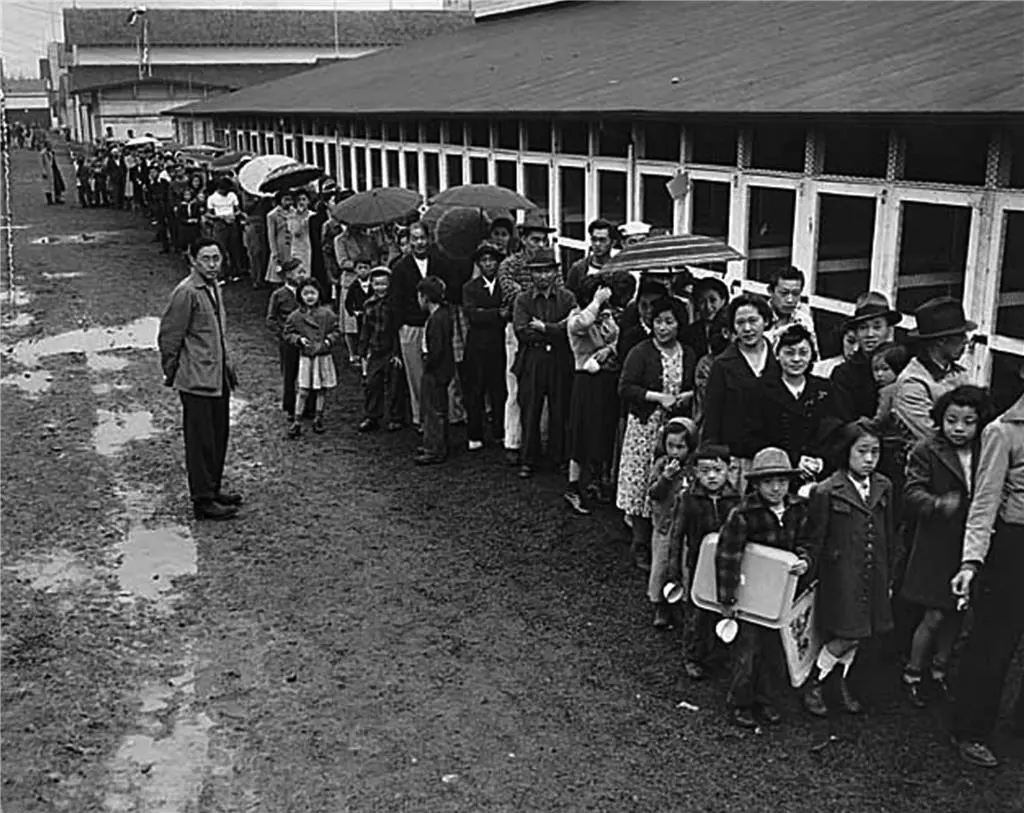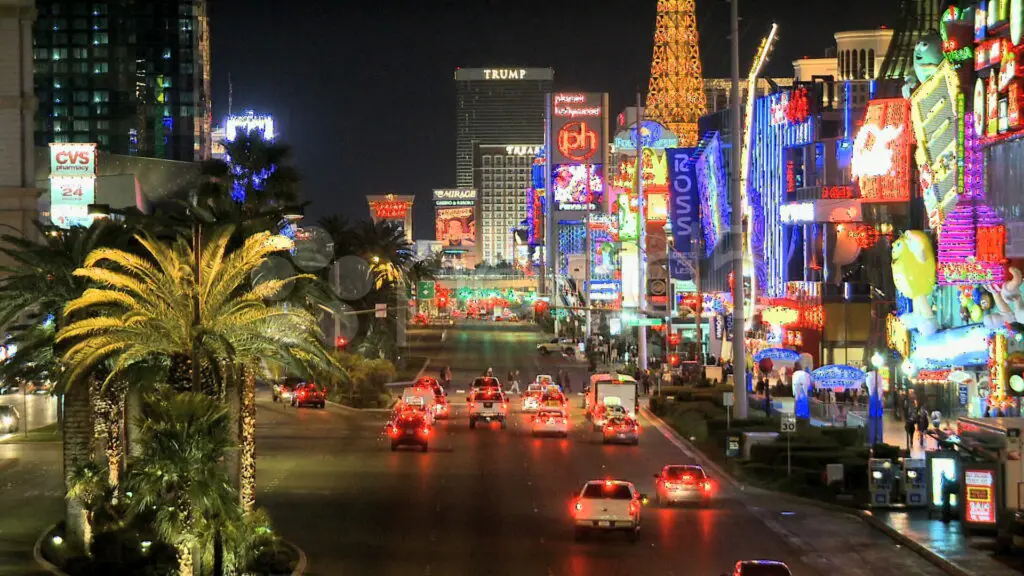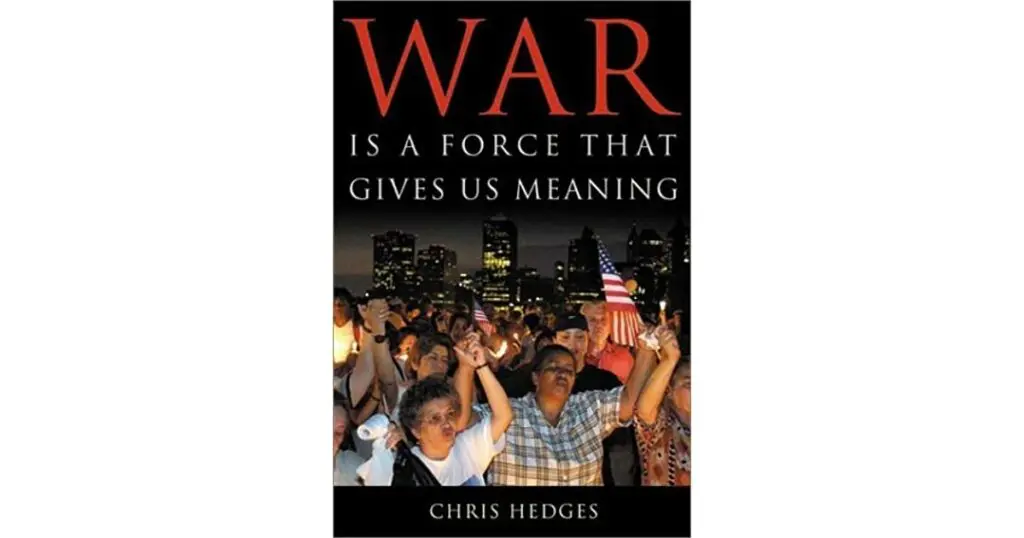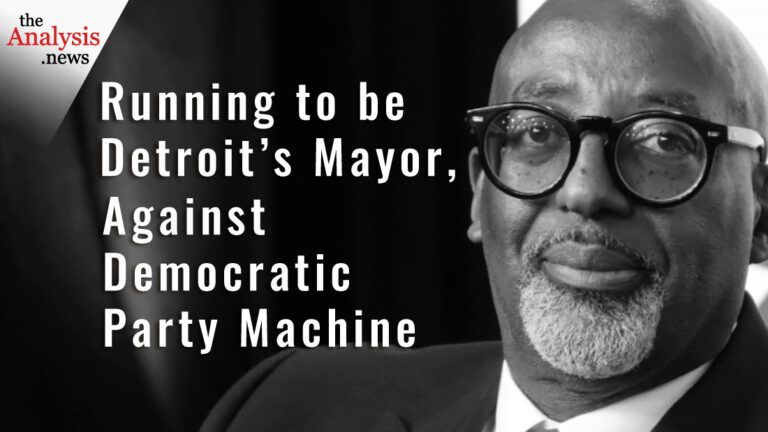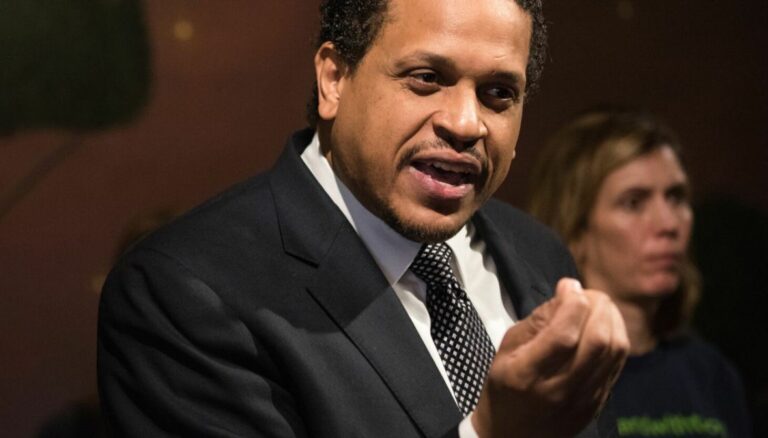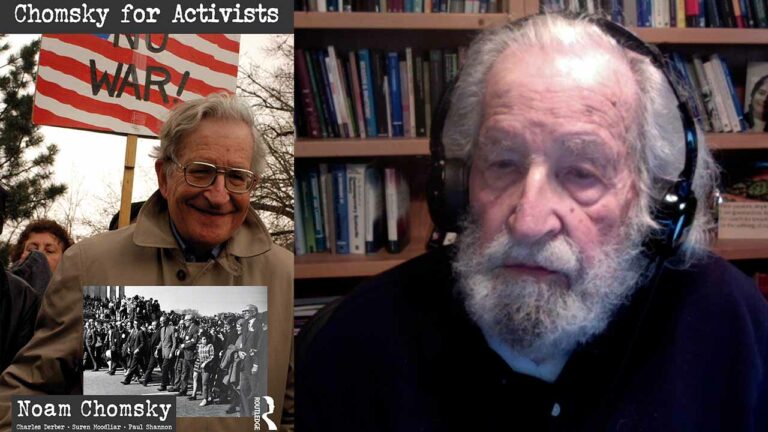On the final episode of Reality Asserts Itself with Paul Jay, Chris Hedges answers questions like: “Do you believe the US or Israel will attack Iran?” and “Is there any hope for Bradley Manning?” This episode was produced on July 25, 2013.
At the time this interview was produced, Chelsea Manning was going by her former name, Bradley Manning.
TRANSCRIPT
PAUL JAY, SENIOR EDITOR, TRNN: Welcome to The Real News Network. I’m Paul Jay in Baltimore. And welcome to Reality Asserts Itself.
We’re continuing our series of interviews with Chris Hedges. And if you haven’t watched the other parts, you really should. But we’re going to in this segment do viewer questions. As we told our members, they could ask questions and people could vote on the questions, and we’re going to ask the top four or five top-voted questions. And here we go.
Thanks for joining us again, Chris.
Alright. So the first question is: to what extent are the majority of the people in the United States wittingly or unwittingly complicit in or responsible for the many crimes committed across the globe by their government in their name?
CHRIS HEDGES, JOURNALIST AND WRITER: I would say very few Americans–and the exception would be probably those in the Armed Forces and those who work for contractors or the diplomatic service–actually grasp the dirty work of empire. Having spent 20 years of my life on the fringes of empire and seen how empire works, Conrad was right. It’s the horror, the horror. What is it that drones and hellfire missiles due to human bodies? Those images are rigorously censored. We never see them. We don’t understand what is done in our name. Instead, we’re fed this patriotic myth of glory and service and sacrifice and honor and heroism, terms that when you’re actually there on a battlefield become hollow if not obscene.
JAY: And fighting for people’s freedom around the world.
HEDGES: There you go. So, liberating the women of Afghanistan would be another one.
So there’s a kind of willful ignorance. I think people on the one hand, they’re not told. I think on the other, they don’t want to know, because it challenges our conceptions of ourself as a virtuous and a good people who have a right to use the 101st Airborne to impose our, quote-unquote, virtues on everyone else. So, yes, to that extent they’re complicit. On the other hand, if you’re not there, haven’t been there, it’s almost impossible to really understand what it means, what it is.
JAY: Okay. Question number two. Is there any hope for Bradley Manning?
HEDGES: Well, Bradley Manning is being judicially lynched in a military court. He is not allowed to make the one defense that would exonerate him in my eyes and a defense which should see him acquitted, and that is that he had not only a moral but a legal duty to report the war crimes that he witnessed, and that those who carried out these war crimes, including those who carried out the murders of Iraqi civilians in the famous video “Collateral Murder”, be prosecuted. Did Bradley Manning commit a crime? Yes, technically. But set against the much more egregious and major crimes of those who have committed numerous war crimes in Iraq and Afghanistan, there’s no comparison. Under the current system of power, there’s not much hope for Bradley Manning. I think it’s pretty–well, we know because he’s already pled out to the lesser charges that he’s at least going to jail for 20 years, and the government, I think, is pretty intent on railroading him into jail for the rest of his life, as they also are with Julian Assange, who has taken refuge in the Ecuadoran Embassy in London, and Edward Snowden, because these people have exposed the crimes of state. And they’re terrified of those with the technological capacity to shine a light on the inner workings of power, because it’s so dirty, it’s so corrupt, it’s so venal, and it’s so immoral. So under the current system there’s not a lot of hope for Bradley Manning, which I think is a kind of window into how our system’s been utterly upended so that the criminals are protected and those who expose the criminals are persecuted.
JAY: To paraphrase something you wrote, it depends how you define hope. You wrote, I think quoting Socrates, I think it was, if you don’t want to live with a criminal and you see what you’re doing is criminal, meaning you couldn’t live with yourself if you don’t do something, well, in a sense Bradley Manning–and if you listen to the speech he made in court, a very political speech.
HEDGES: Yeah, I was there. I was sitting right behind him. Yeah.
JAY: So, I mean, in a sense he did the only thing he could do. So in a sense he created his own hope.
HEDGES: Yeah, he did. No, he’s an amazing figure.
JAY: Okay. Question number three. Do you believe the U.S. or Israel will attack Iran militarily before the end of the Obama administration?
HEDGES: No. It’s been pretty clear that the Pentagon does not want to attack Iran. The Israelis proposed that after the elections of 2008 when Bush was still in office but before Obama took power, and the Pentagon said absolutely not. The Iranians have made it very clear that if they are attacked, even if it’s only Israeli warplanes, within a few minutes the Green Zone will not exist. I think that there’s–.
JAY: This is the Green Zone in Baghdad.
HEDGES: In Baghdad. And I think also there is a kind of understanding that an attack on Iran would trigger a Shiite uprising throughout the Middle East. Most of Iraq is Shia. Bahrain is Shia. Two million Shiites in Saudi Arabia.
JAY: Where all the oil is.
HEDGES: Right. Significant Shiite minority in Pakistan. So Bibi Netanyahu, who I know and who’s insane, might like to do it, but up until now the U.S. wants no part of this.
JAY: Yeah, I agree. I wonder if even Bibi really wants to do it. I think what he really wants is economic sanctions, and he’s got it.
HEDGES: Probably. Right.
JAY: Alright. Question number four. In the past two presidential campaigns, ’08 and 2012, the Green Party has chosen two presidential candidates who were little-known nationally. Who do you think might become a leader for a third party that would be well known and that you would like to see run?
And, actually, let me ask one more. And would you consider running? I should add that. That was part of it.
HEDGES: The Green Party did talk to me about running, which I don’t want to do, because I’m a writer and I really don’t want to get up into a room and do anything other than speak what I think is the truth, even if that room doesn’t want to hear it.
JAY: Isn’t that the kind of politician people want?
HEDGES: Not really. You know, I took on the Black Bloc within the Occupy movement, which not only angered the Black Bloc but angered many Occupy activists who felt that I had betrayed them, even though they weren’t members of the Black Bloc. And I said, you know, the moment I need your adulation, I’m finished. And politicians, even good ones, that is their currency.
JAY: You don’t want to lose the Black Bloc vote.
HEDGES: Well, I just don’t want to–I don’t want to get up and–you know, I’m quite–not pleasant, but, I mean, I will get up in front of a room and tell people what they don’t want to hear.
JAY: So is there someone you’d like to see?
HEDGES: Oh, you know, the Green Party’s problem is structural. It’s a pretty dysfunctional organization. And you could get somebody who has a higher profile. But the problems of the Green Party are built systemically within the Green Party itself, and I’m not sure how to change that. I’m not sure getting a higher–I mean, Ralph Nader was pretty high-profile. I’m not sure that the solution is getting somebody who’s high-profile. I think it’s beginning to create a party that–I mean, my experience with the Green Party is sort of everybody wants to be a chief. You know, there’s a lot of people who have invested a lot of time and energy into running for particular offices without doing the kind of organizational work and grassroots organizational work that is essential. I mean, I think there are many, many problems within the Green Party that won’t be solved by having a high-profile person run. I mean, I still voted for Jill Stein. I voted for the Green Party.
JAY: Okay. And sometime we can talk more about this and maybe get somebody from the Green Party to come and discuss it with you.
But question number five. Do you believe there may have been foul play involved in a mysterious car crash that resulted in the death of investigative journalist Michael Hastings? So just tell people that don’t know who Michael Hastings was.
HEDGES: He was the Rolling Stone reporter who broke the story on McChrystal and all the insane people around McChrystal. And I’ve never met him but had great respect for him as a reporter. But I also say as a reporter that I would never make any statement like that, because it’s purely conjecture. I would have to go report the story myself and smell it out. So I’m very wary of conspiracy theories that are not grounded in fact, and most conspiracy theories are not.
JAY: But some are.
HEDGES: Right. Well, then they’re not conspiracy theories.
JAY: Well, it depends. I mean, there’s lots of conspiracies that really happen, and there’s lots that don’t.
HEDGES: Right, there are conspiracies that happen. But, you know, when you lose trust in government as I have seen in the many years that I was a foreign correspondent, you just believe that, you know, everything government does is to your detriment. I remember, you know, for instance, in Guatemala they were dropping beetles or something to clean up some kind of–eradicate some kind of pest, and all the people, because everything the Guatemalan government did, including genocide, was sort of geared towards their subjugation or extermination, thought that this was just one more plan to sort of destroy their crop.
JAY: But stuff happens. I mean, we know Nixon sabotaged Johnson’s peace talks with the North Vietnamese. So it still happens.
HEDGES: No, no, no. Well, didn’t Kissinger do that?
JAY: Well, together.
HEDGES: Yeah.
JAY: In the Johnson tapes he blames Nixon, at any rate.
HEDGES: I don’t know, and I won’t know until I report it. But notice that I didn’t say no.
JAY: Right. Okay. Question number six. Congress seems a wholly owned subsidiary of the multinationals, Obama is pimping for GE in Africa, the Koch brothers have made a down payment on the Supreme Court, and money will control the next federal election and most of the state elections. Is there any scenario you see that will return this government to the people? Now, we’ve been kind of talking a lot about that in the previous segments, but that was the next question.
HEDGES: Mass protests that begin to scare the hell out of these people and begin to disrupt systems that they care about, that really is the only solution. I think they’re very fragile. I think internally they know how corrupt they are, which is why they passed the NDAA, because they want to be able to pull the military on the streets, because I think ultimately they don’t trust the police to protect them. And those are the sentiments of a dying elite.
So I think when we begin to organize against all the formal structures of power, I think that they may crumble as the Stasi state in East Germany, which when I was in East Germany appeared monolithic, fell in about a week, and it fell in a week because Honecker, Erich Honecker, the dictator for 19 years, sent an elite paratroop division down to Leipzig to fire on 70,000 demonstrators, and they refused to do it. And after that, in the same way that the tsar sent the Cossacks in to crush the Petrograd bread riots and they fraternized with the crowd, both Honecker and the tsar only lasted another week in power. And once the foot soldiers of the elite will not protect the elite, they’re done.
And that’s why we have to be nonviolent, because ultimately what we are doing is trying to create a paralysis within systems of power, whereby we speak truth, we appeal to conscience, we expose corruption, fraud, lies by those in power so that when those forces are called into the street to stop us, they refuse to do so. That’s how all revolutions happen. And that’s really in the end what I’m calling for. I’m calling for the overthrow of this system. Let me say that again for Homeland Security. I mean, that’s what I’m doing.
And I’m calling for it through nonviolent means, through mass protests, because as a father of four children, I know that if we don’t stop these forces, they will kill us. They will destroy the ecosystem on which the human species and my children depend for their life. And that is really the stakes that lie before us and why there is an imperative for all of us to take risks. And I don’t like going to jail as I have. Going to jail is more time than I care to donate to my government. But it really is the only option left, because if we fail at this, then it’s not just this particular civilization that will be extinguished but human habitation.
JAY: Okay. Thanks very much.
HEDGES: Thank you.
JAY: And thank you for joining us on Reality Asserts Itself on the Real News Network. Don’t forget we’re in our summer fundraising campaign. There’s a matching grant campaign going on and a Donate button over there. Thanks for joining us.





